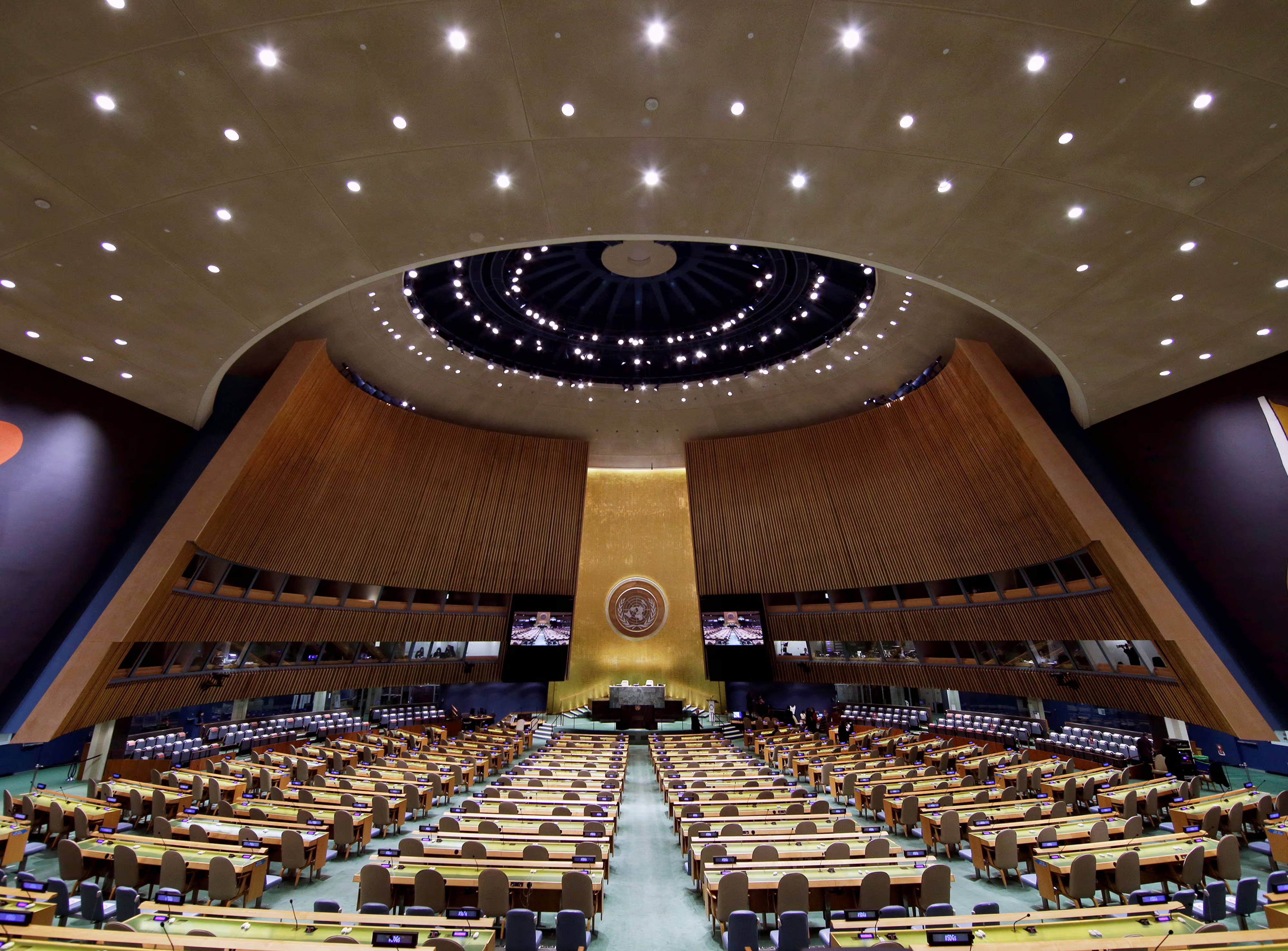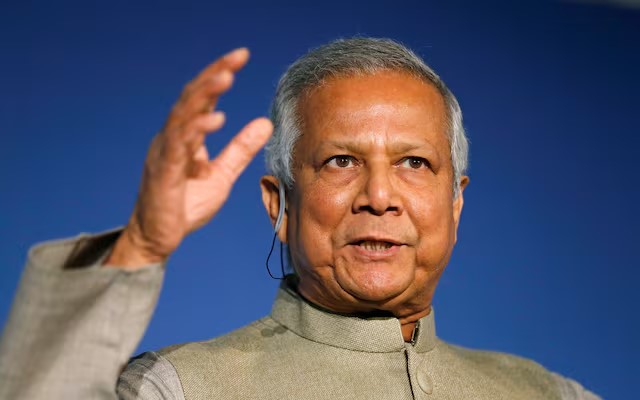National unity is key to Bangladesh's success

The signing of the July National Charter, which brought together 24 political parties, represents a significant, albeit incomplete, step towards national consensus. This event, the culmination of extensive negotiations between the National Consensus Commission and 30 political parties, is noteworthy in the context of Bangladesh's deeply fractured political history, as it placed ideologically opposed parties on a unified platform.
This coalition, which is rare in our history, comes following the projection of a united front in another recent event on the world stage. When Chief Adviser Professor Muhammad Yunus led the delegation to the United Nations General Assembly (UNGA) this year, he introduced this unprecedented political culture. For the first time, six senior leaders from the country's three major political parties joined the official delegation, standing alongside government representatives. This was not merely a symbolic gesture, but a deliberate effort to show the world that Bangladesh's democratic transition is not the project of one interim administration alone, but a collective national commitment.
In New York, when party leaders and government officials sat together in meetings with investors, diplomats, and global stakeholders, they sent a message of trust and reassurance: the democratic process will continue beyond February's election, no matter who comes to power. Investors and development partners could see that political stability and continuity are now shared priorities across the spectrum. This new approach reduced the sense of uncertainty that often clouds Bangladesh's business climate, while projecting political maturity and responsibility to the outside world.
The impact was twofold: economic and political. On one hand, the presence of leaders from across the political divide gave foreign investors confidence that Bangladesh would not allow partisan rivalry to disrupt long-term business interests. On the other hand, it also reshaped the country's global image. Instead of being seen as a deeply polarised and conflict-ridden democracy, Bangladesh presented itself as cooperative, united, and forward-looking. For a young democracy, such unity on the world stage is a strong sign of maturity.
The Foreign Ministry and the Bangladesh Investment Development Authority (BIDA) also jointly organised "NRB Connect Day," where non-resident Bangladeshis were invited. Once again, leaders from major political parties shared their visions for the country directly with the diaspora. NRBs were given a platform not only to be courted as investors but also to be engaged politically as stakeholders in Bangladesh's future. Considering the diaspora's immense contributions through remittances and knowledge networks, this was a powerful shift towards inclusion.
What Dr Yunus's initiative in UNGA achieved was much more than diplomatic optics. It broke with decades of exclusionary practice. By bringing opposition voices into the delegation, he transformed external representation into a shared national duty rather than a partisan privilege. This simple act holds the potential to reduce political polarisation at home. If leaders can sit across from one another abroad, engaging constructively with international stakeholders, it becomes harder to sustain toxic "us versus them" narratives in Dhaka.
The initiative also planted the seeds for something even more significant: institutionalising political consensus on core national issues. Democracy, economic reforms, climate action, and foreign policy are too important to be rewritten every election cycle. By jointly presenting Bangladesh to the world, the major political forces began to outline a minimum consensus that could provide policy continuity beyond electoral politics. Such continuity is essential to attract foreign direct investment, strengthen bargaining power in international negotiations, and build long-term resilience.
In this sense, the all-party delegation was not only about representing Bangladesh abroad but also about reshaping Bangladesh's domestic political culture. It showed that rival parties can cooperate when national interest demands it, which we saw at the signing ceremony of July charter. It offered citizens a glimpse of what inclusive politics could look like: less confrontational, more dialogic, and more attuned to the country's collective needs.
For Bangladesh, a country that needs both foreign investment and global goodwill to sustain its growth, this unity could not have come at a more important time.
The significance of these events cannot be overstated. By breaking tradition, reducing polarisation, engaging the diaspora, strengthening global bargaining power, and signalling political maturity, the interim government has set a precedent that future governments should institutionalise. National unity in external representation must not remain a one-time experiment; it should become a permanent practice of Bangladesh's statecraft, at home and abroad.
Dr Sibbir Ahmad is a development economist and president of Socchar – Torture WatchDog Bangladesh, a US-based human rights research and advocacy organisation. He can be reached at president@socchar.com.
Views expressed in this article are the authors' own.
Follow The Daily Star Opinion on Facebook for the latest opinions, commentaries and analyses by experts and professionals. To contribute your article or letter to The Daily Star Opinion, see our guidelines for submission.




 For all latest news, follow The Daily Star's Google News channel.
For all latest news, follow The Daily Star's Google News channel. 

Comments